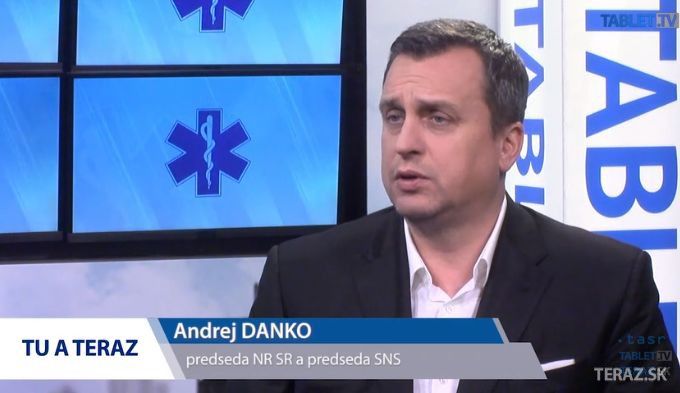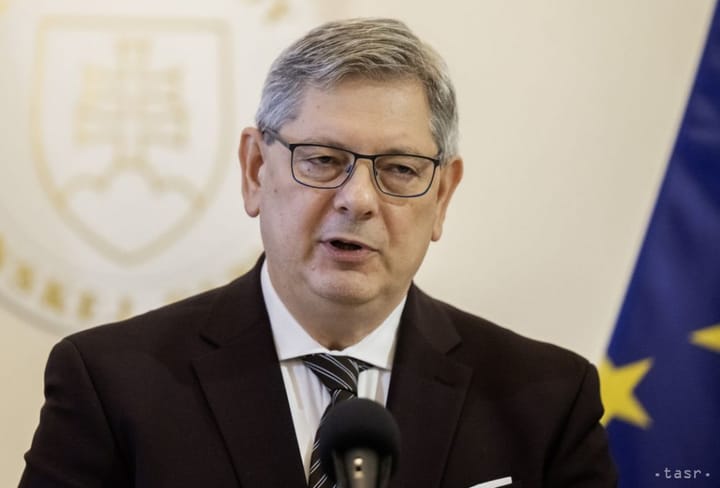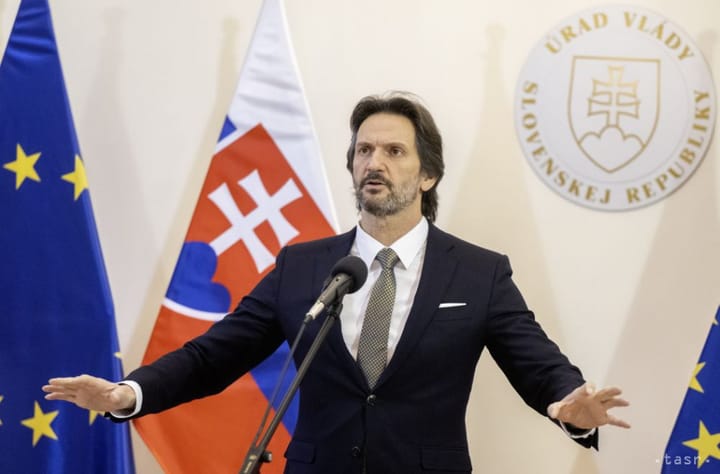Danko: Neither Employers Nor Unions Called Tourism Vouchers Bad Idea

Bratislava, August 28 (TASR) – Neither representatives of employers at a meeting on Monday (August 27) nor representatives of trade unions at a meeting on Tuesday said that introducing recreational vouchers is a bad measure, said Parliamentary Chairman Andrej Danko (Slovak National Party/SNS) after discussing recreational vouchers designed to support tourism in Slovakia with the trade union representatives.
The meeting was attended by the Nurses and Midwives Trade Union, Modern Trade Union Volkswagen, Education and Science Employees Trade Union and New Police Corps Trade Union.
Danko said that both employers and trade unions will receive the proposal for the relevant bill and that relevant comments will be discussed with all present.
“After these [two] meetings I can say that no one is questioning the need to look for tools to make things easier for employees … and to create institutions similar to western labour codes,” said Danko, adding that he’s ready to hold talks on the form, level and method of paying for the measures.
Danko and the representatives of trade unions also discussed the development of recreational facilities owned by companies. “There’s a possibility to pour at least €800 million into accommodation facilities. I think that the effect of resuming the activities of accommodation facilities combined with reducing VAT on accommodation facilities is very desirable for the Slovak economy and tourism,” said Danko.
Zoroslav Smolinsky of the Modern Trade Union Volkswagen said that the organisation welcomes all activities that could really help employees. He’s also open to initiating discussions with the Opposition in this regard.
Head of the Nurses and Midwives Trade Union Monika Kavecka is rather sceptical about the measure, as the state is the main guilty party when it comes to the issue of introducing benefits in state and public administration.
Recreational vouchers, which should work in a similar way to meal vouchers, are slated to be introduced as of January 2019.



